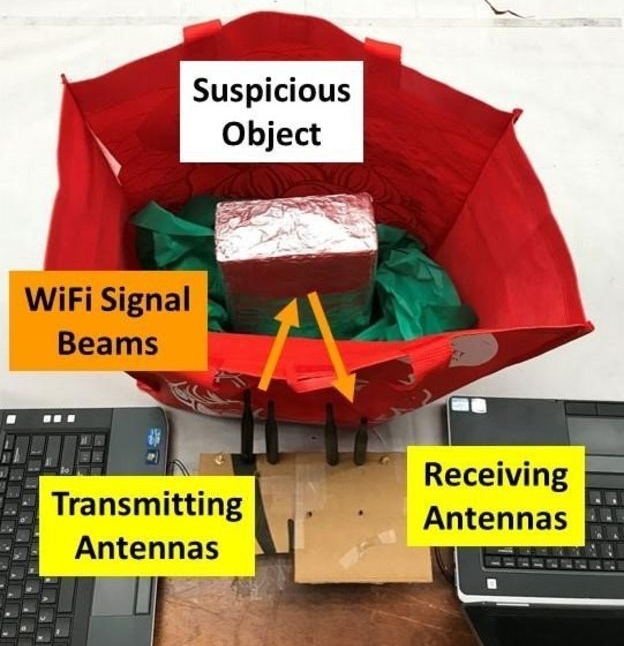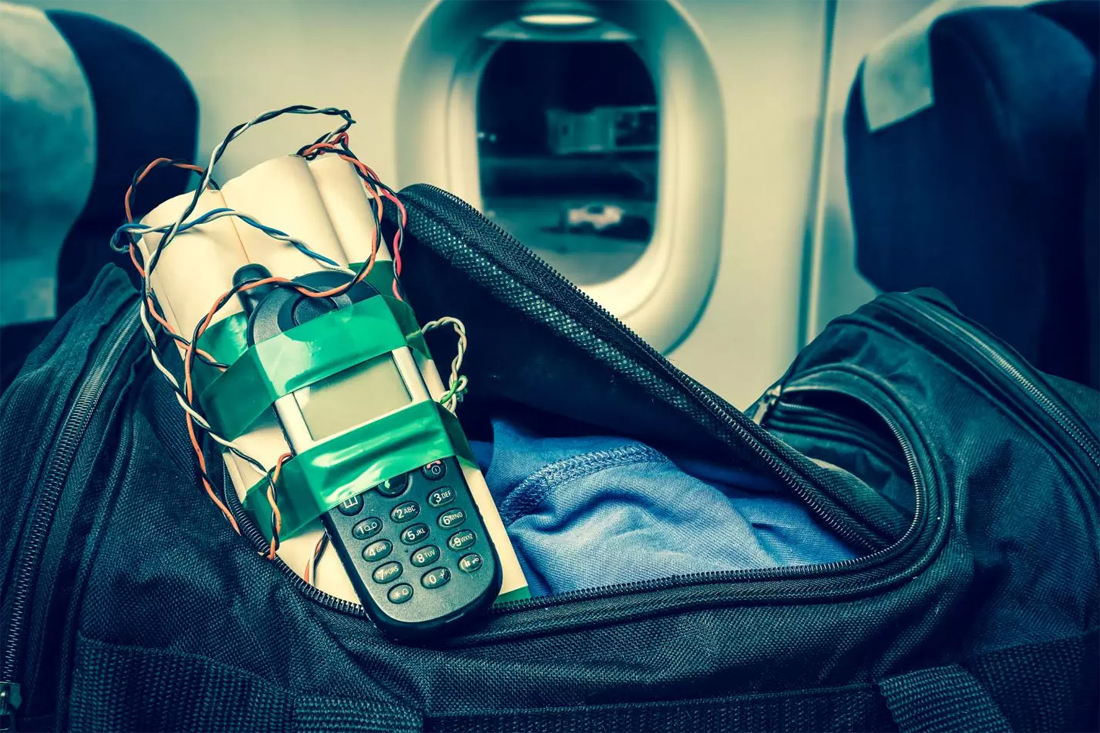Forward-looking: Wi-Fi can see through walls so it only makes sense that the tech can be used to peer into other objects. In the future, it could allow security workers to inspect bags or luggage without a direct invasion of privacy or speed up security checks at locations that currently rely on manual checks.
Researchers at Rutgers University have shown that common Wi-Fi can be used to penetrate bags and estimate the dimensions of metal objects like weapons, laptops, batteries and more, potentially identifying them. Furthermore, the system can reasonably determine the volume of liquids like acid, alcohol and other chemicals used to make explosives.
The technology works by separating the wireless interference caused by influencing factors of an object like its shape and the material it is made of.

The device can be constructed using two to three antennas and can be added to existing Wi-Fi networks.
Researchers tested 15 different types of objects and six types of bags. Their Wi-Fi system demonstrated an accuracy rate of 99 percent for detecting dangerous objects, 98 percent for metal objects and 95 percent for liquids.
Accuracy dropped to around 90 percent, however, when objects inside bags were wrapped.
Professor Yingying Chen, a co-author of the peer-reviewed study that won a best paper award at the 2018 IEEE Conference on Communications and Network Security, said that in large public areas, it's hard to set up expensive screening infrastructure like you'd find in an airport, adding that they wanted to develop a method to try and reduce the manpower needed at security checkpoints.
Lead image via iStock
